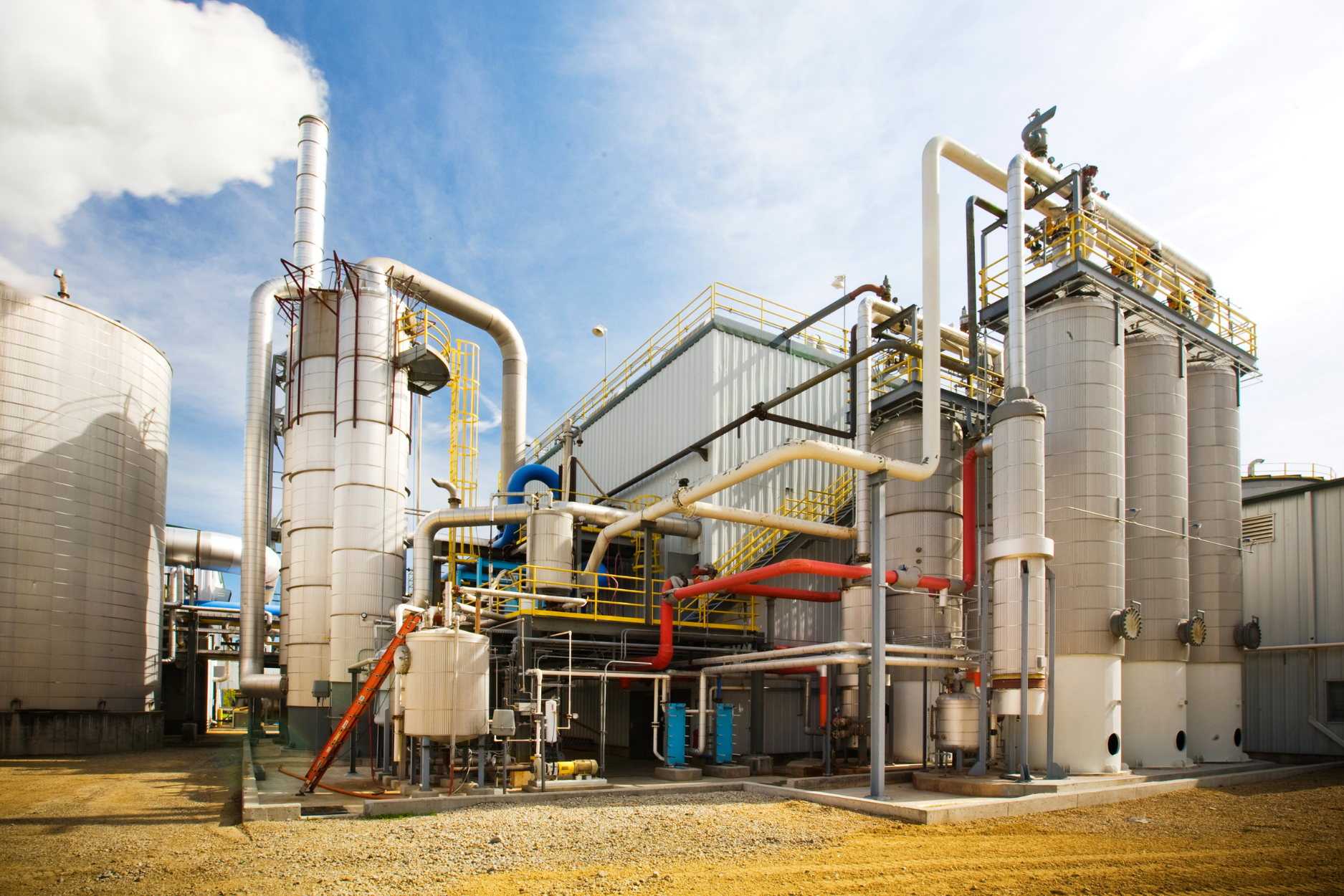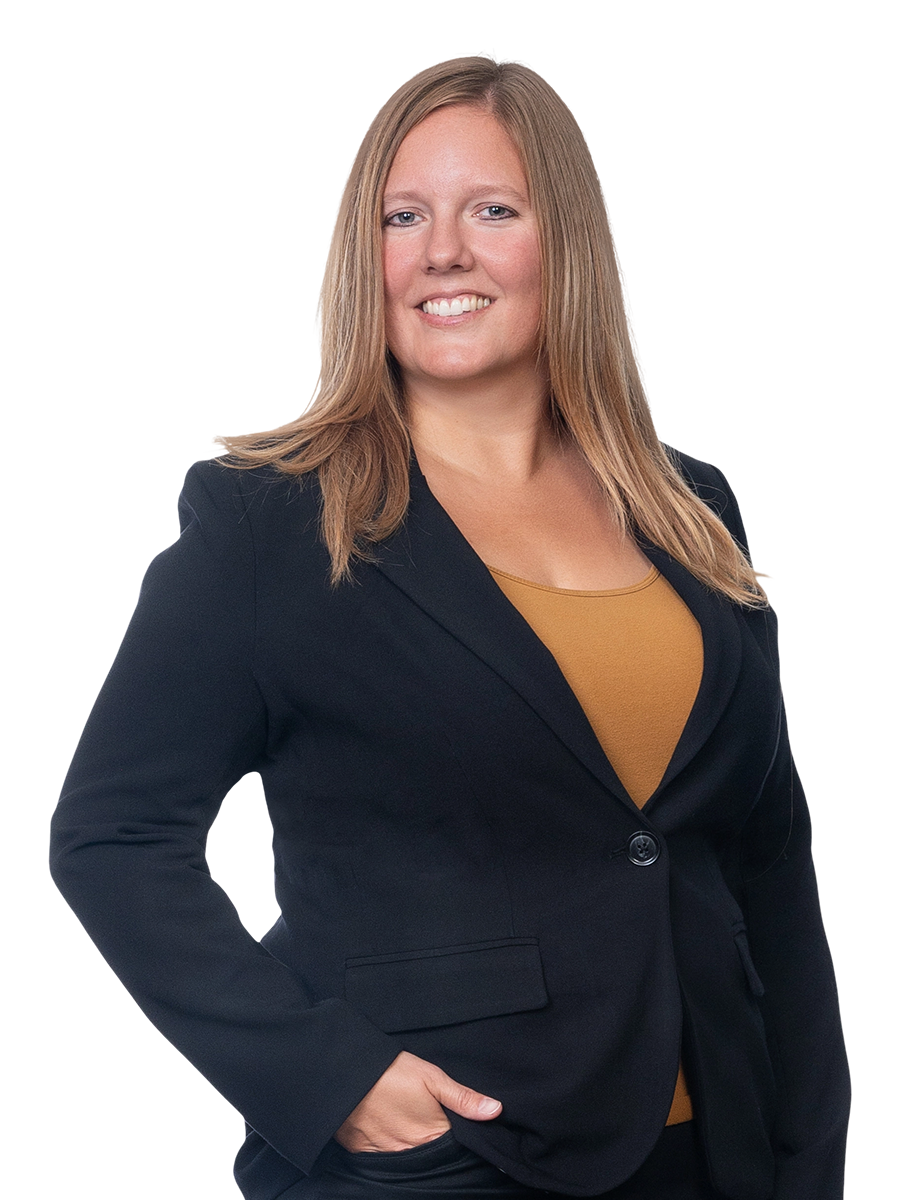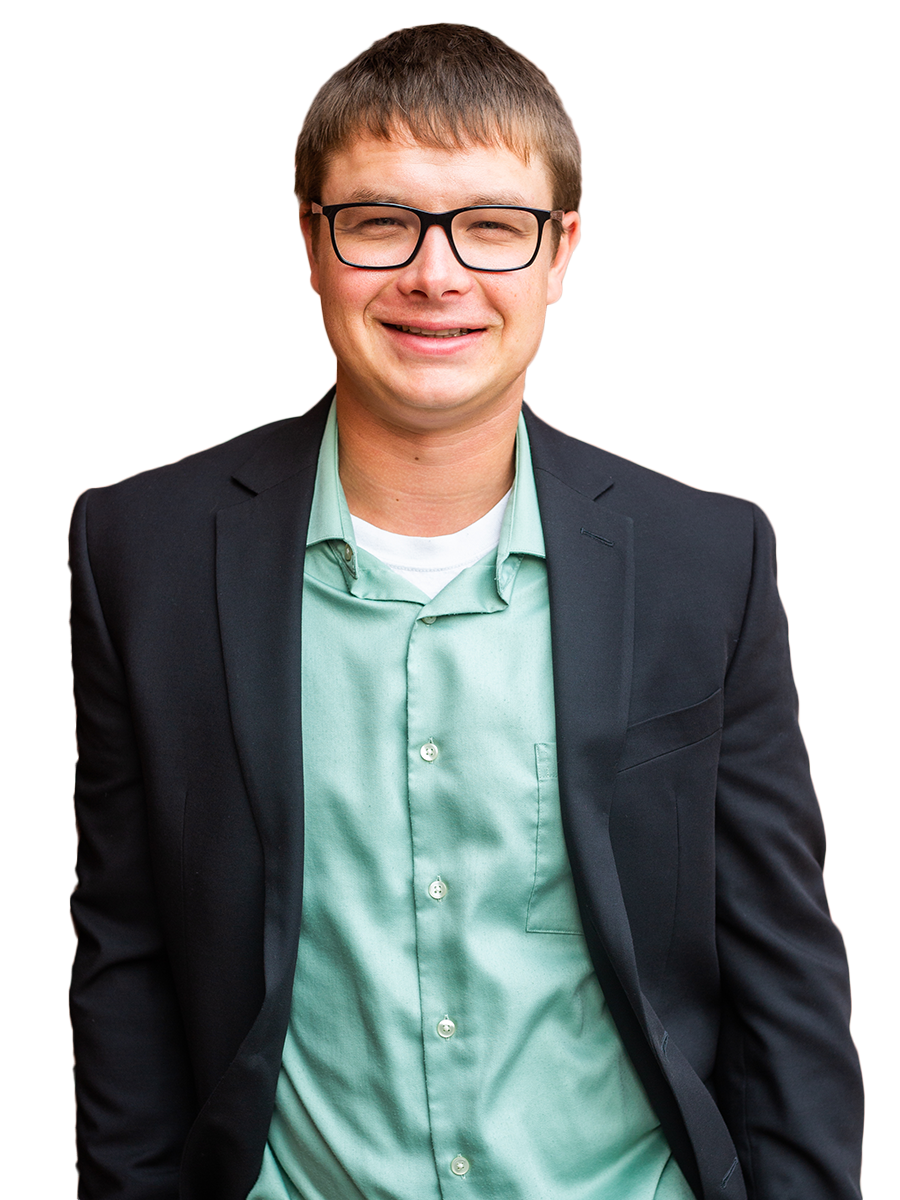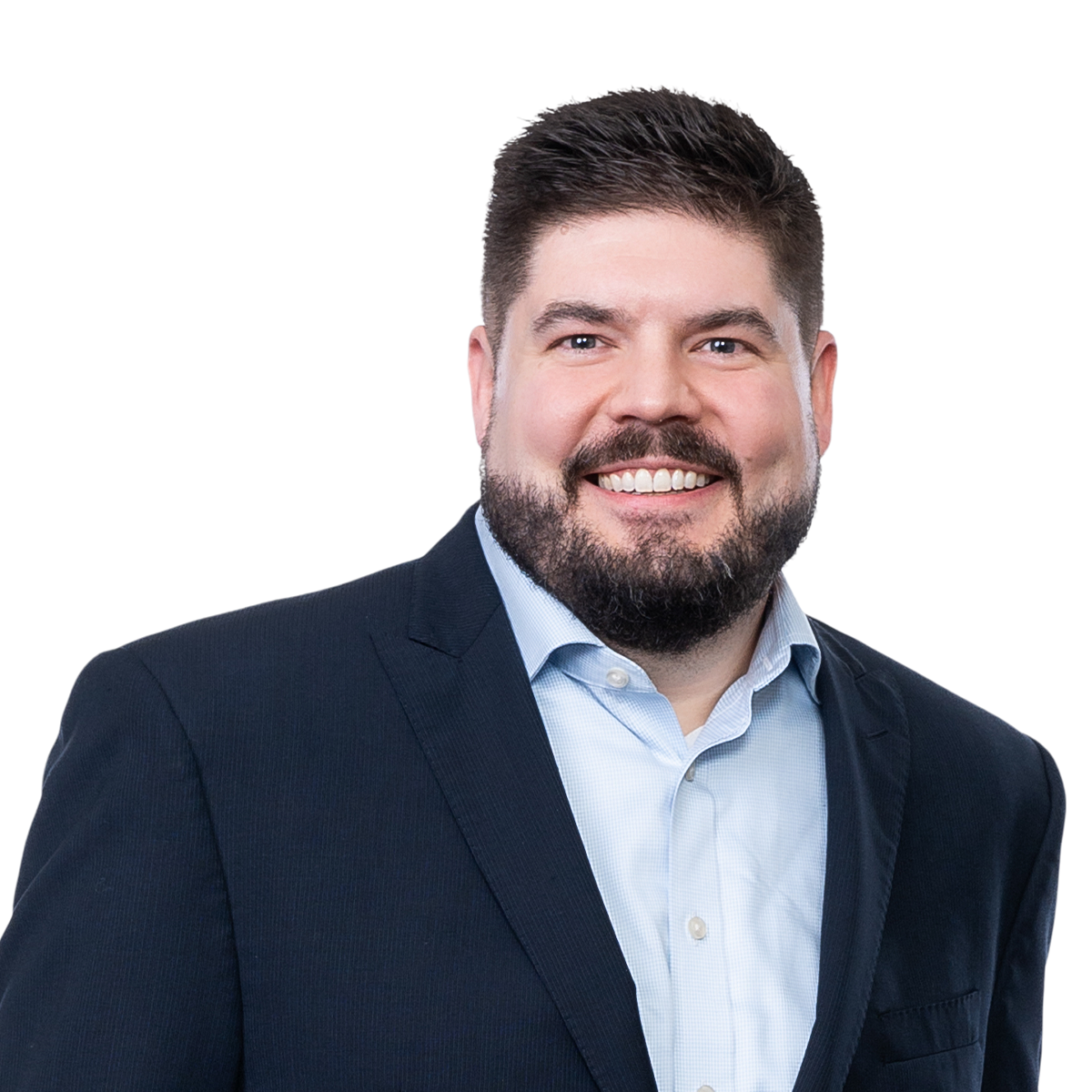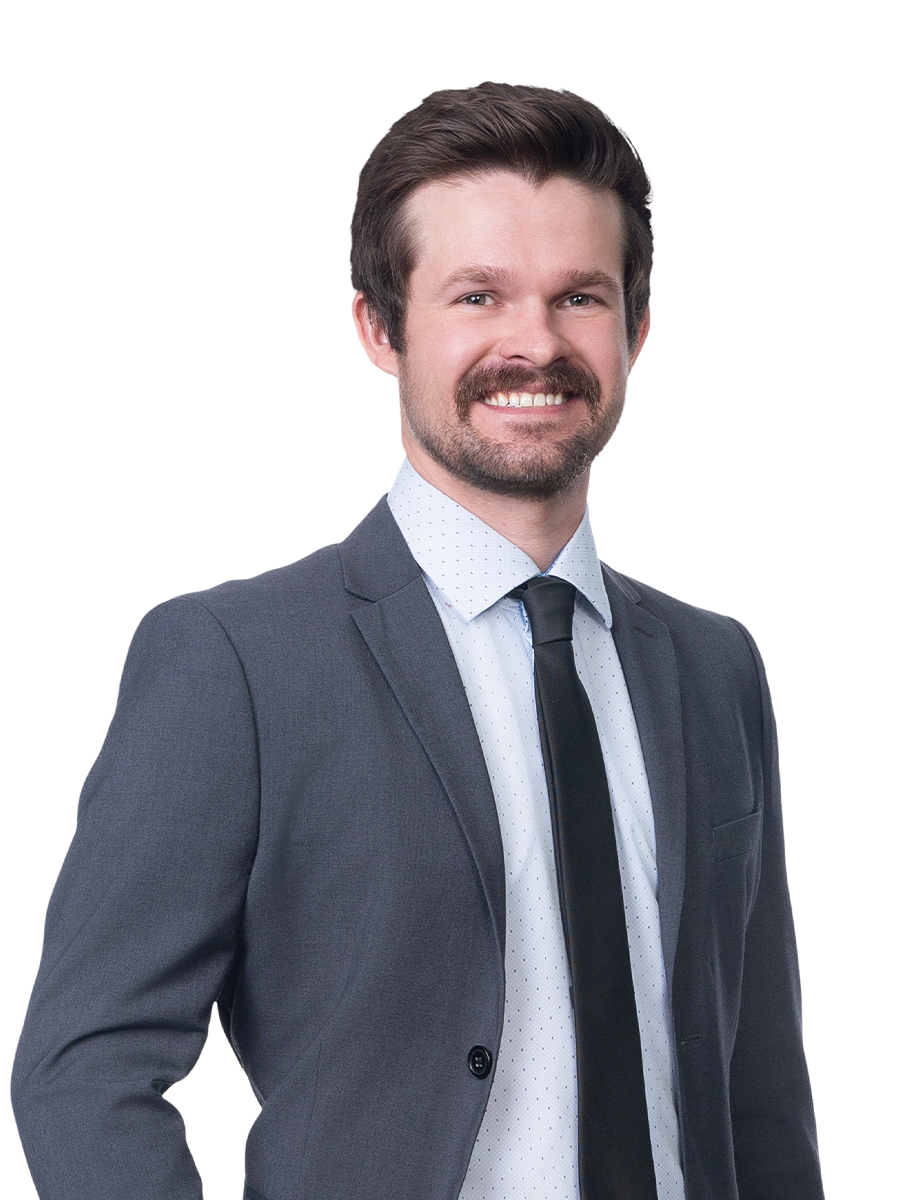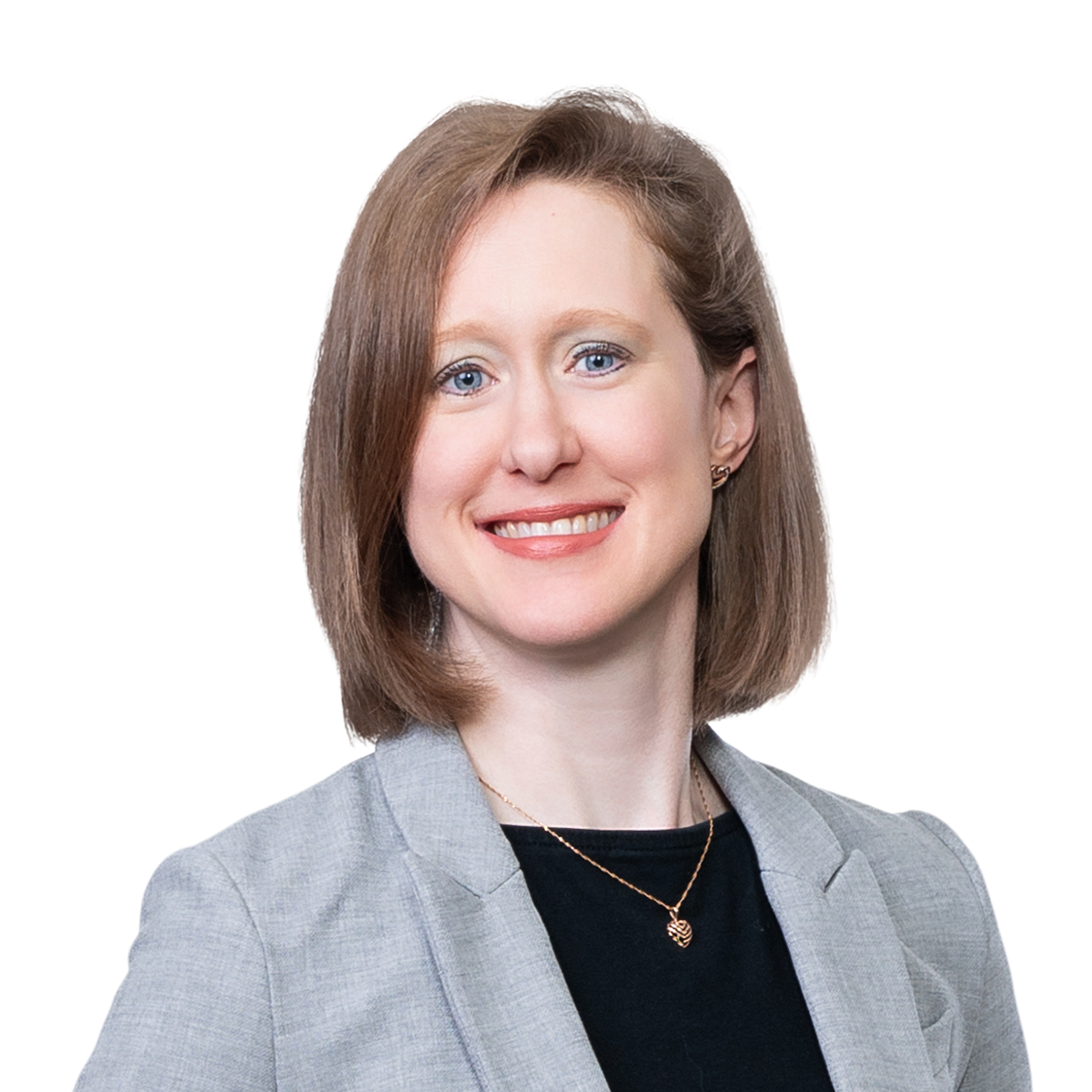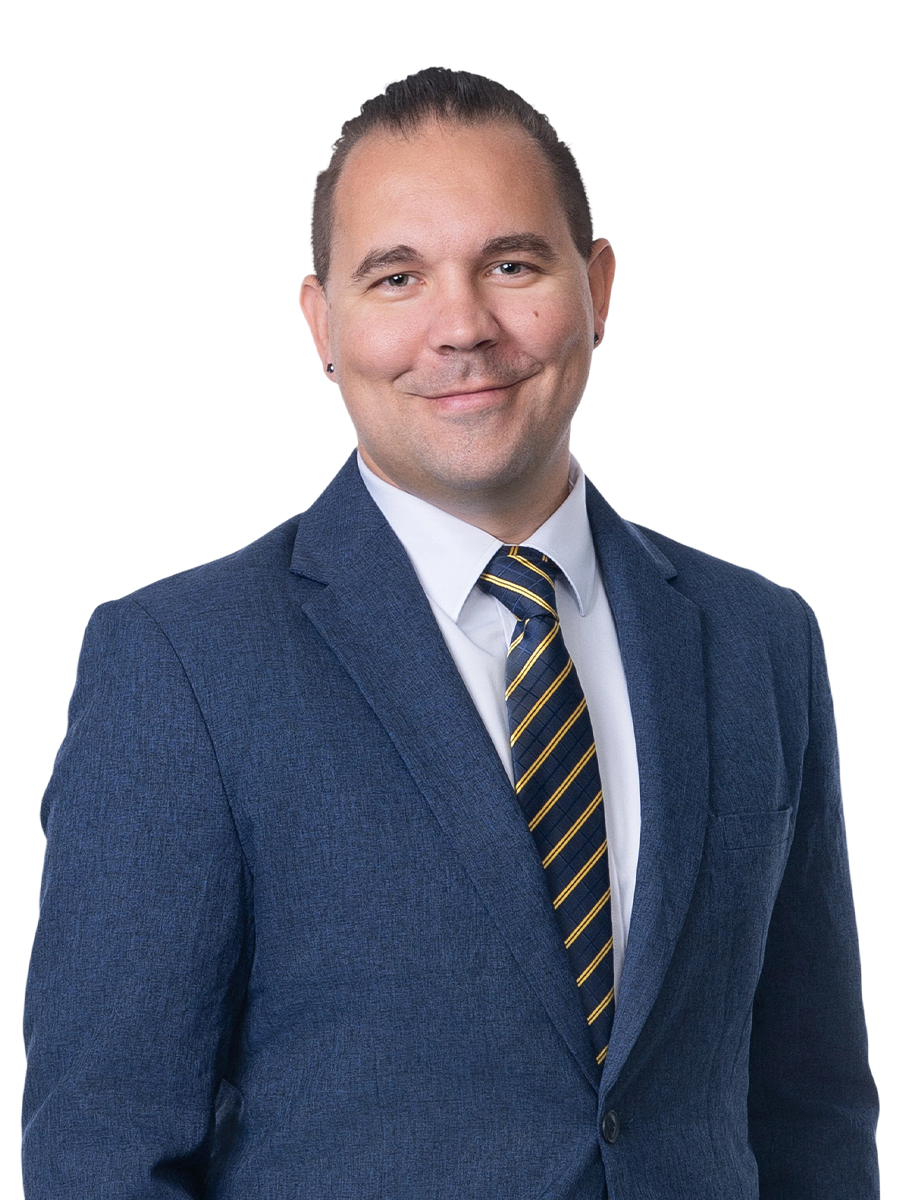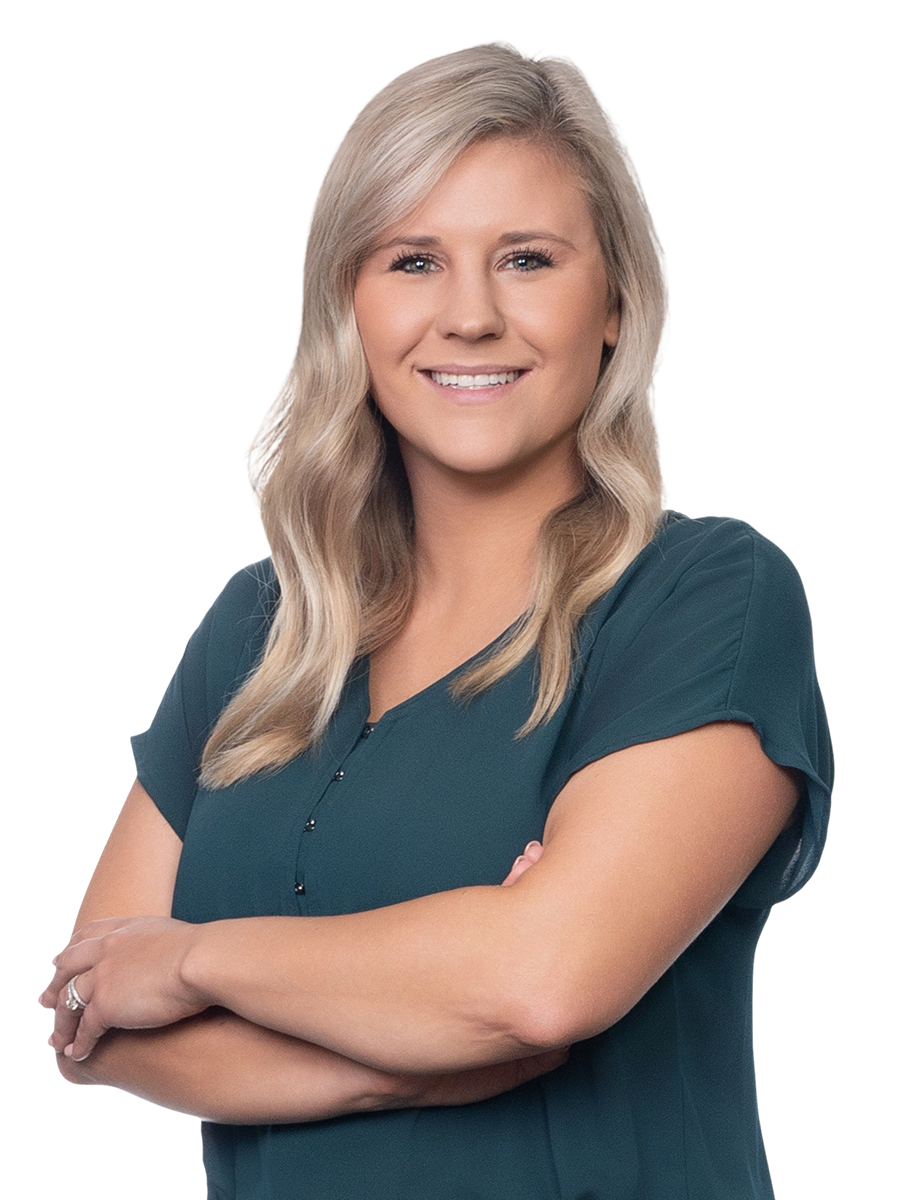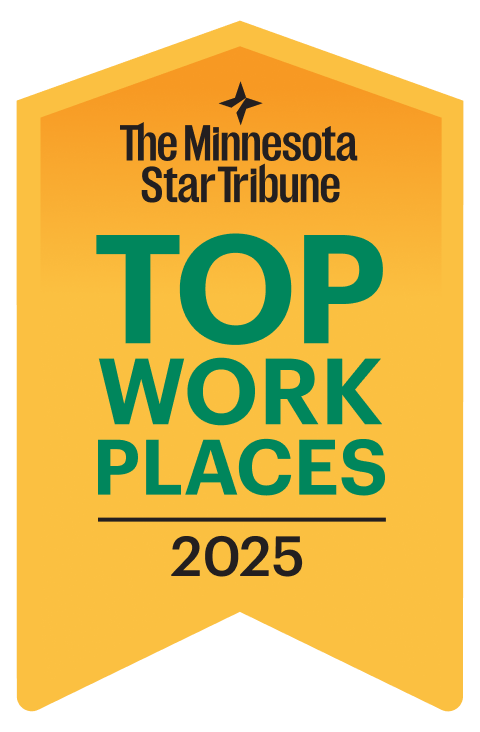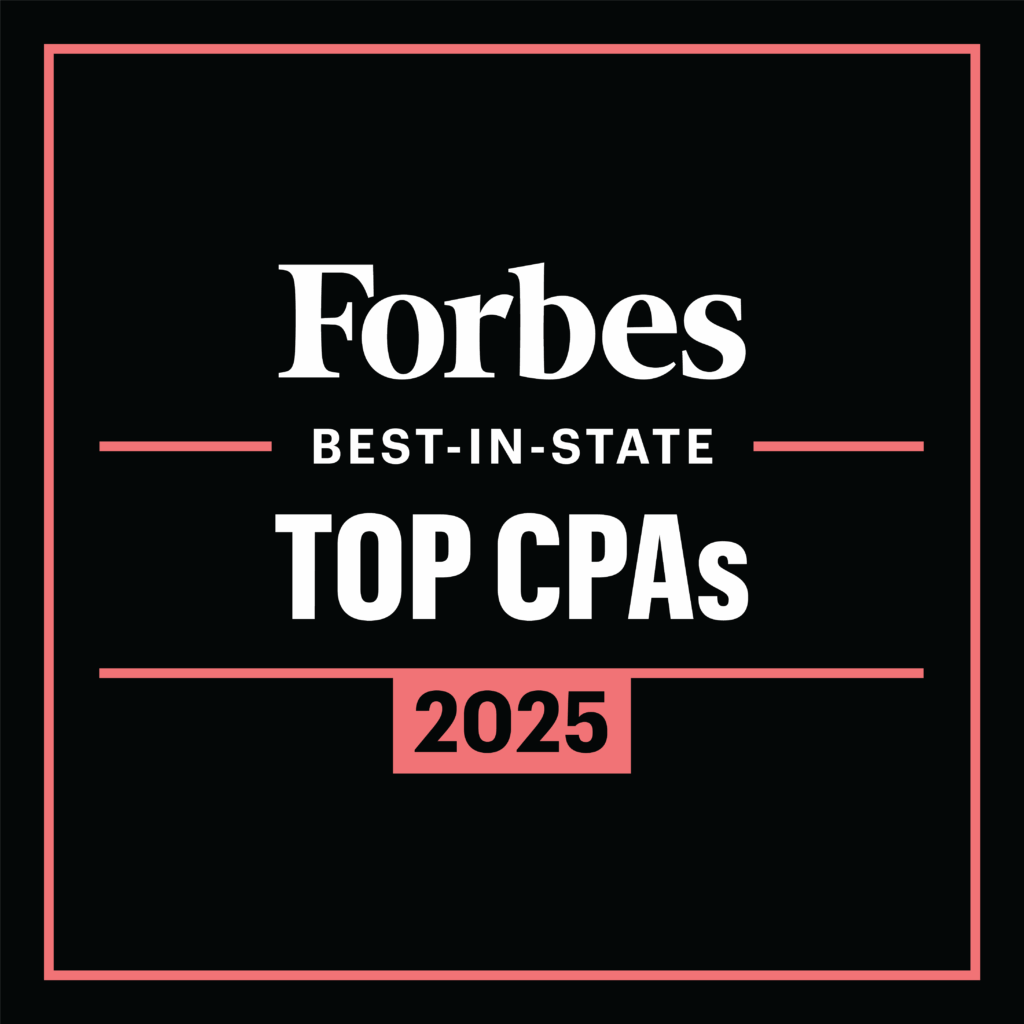“At REG, we truly appreciate the partnership we’ve developed with Christianson CPAs & Consultants over the years. The team’s approach and response are both professional and top-notch. REG and our audit processes are better off for being partnered with the Christianson team”
Dave Simon, Director, Compliance Supply Chain Management, REG.
Comprehensive Renewable Identification Number (RIN) Attestation Services
We specialize in annual RIN Attest engagements to help ensure compliance with the EPA’s Renewable Fuel Standard (RFS) requirements. Our expert team provides precise and efficient audits of your RIN transactions to verify accuracy and safeguard your business from potential penalties.
Our comprehensive services include:
- Annual RIN Attestation: Ensure compliance and accuracy with precise RIN attest audits
- Registration Assistance: Streamline EPA registration for renewable fuel producers, RIN owners, biogas reform rule, and importers
- Training: Equip your team with the knowledge needed to manage RFS compliance confidently
- Reporting Assistance: Simplify compliance with support for quarterly and annual reporting requirements
LCFS Validations and Verifications
Christianson was one of the first in the nation to be an accredited third-party verifier for the California Air Resources Board (CARB) Low Carbon Fuel Standard (LCFS) regulations.
To obtain a certified carbon intensity (CI) score to ship into California, pathway registrants are required to complete a validation (audit) of the CI data. Additionally, pathway holders must track the previous two years of CI data and submit this information in an annual report to CARB. Upon completion of these calculations, the pathway registrant must complete a verification (audit) of the information. Additionally, the conflict-of-interest regulations for the pathway verification program are very stringent and include a 5-year lookback of previous services provided. We offer both verifications of annual reporting and validations of fuel pathway applications for reporting parties and pathway holders.
Quality Assurance Program (QAP)
Producers who are already registered with an approved pathway can generate QRINs under Christianson protocols. Our detailed, hands-on protocol is supported by a team of highly trained compliance auditors and in-house experts. We help clients take advantage of this program to provide assurance for their downstream partners. We can assist you in learning whether your company meets the EPA recordkeeping requirements, or for guidance on how to become compliant.
Current Pathways include
- Biodiesel
- Renewable Diesel
- Renewable Heating Oil
- D3 Ethanol
Tier 3 Sulfur Reporting:
This regulation now requires annual reporting and limits for oxygenate producers (including ethanol). Our experts are available to consult on data tracking and preparation of the report. Christianson offers a review of the annual report form GSF0402, prior to submission to the EPA to ensure your company’s compliance.
MRR Verifications
We have accreditation under the California Air Resources Board’s (CARB) Mandatory Greenhouse Gas Reporting Regulation (MRR) and are accredited as a Transactions Lead Verifier for fuel suppliers.
additional services
Registration
Unlocking all the benefits of biofuels requires you being registered with the right agencies in just the right way. Whether you are registering your facility with the United States Environmental Protection Agency (EPA) or seeking financial assistance from the United States Department of Agriculture (USDA), we can get you through the application process and help you avoid mistakes that often cause major headaches down the road.
Retainer-Based Consulting Services
Staying up to date on all regulations and best practices for your operation are ongoing responsibilities. We continue to develop new ways to match our decades of biofuels experience with the specific needs of each client.
Reporting
Even small oversights today can create big, unforeseen problems later. Let us help prepare quarterly and annual EMTS reports or provide you with a third-party review of your reports to ensure accuracy.
One-Time Staff Trainings
The learning curve associated with on-boarding new staff or bringing existing personnel up-to-speed with policy changes can be daunting. Christianson works with hundreds of fuel producers and deals daily with sophisticated applications of rules. We customize our training services to provide the solutions you seek.
